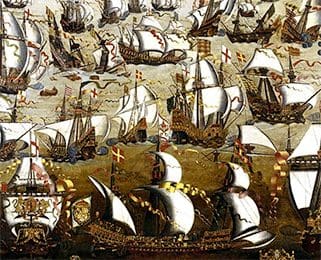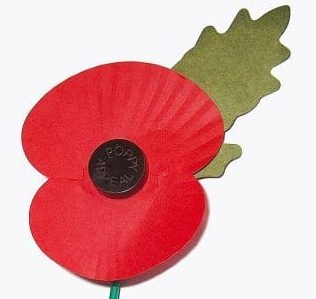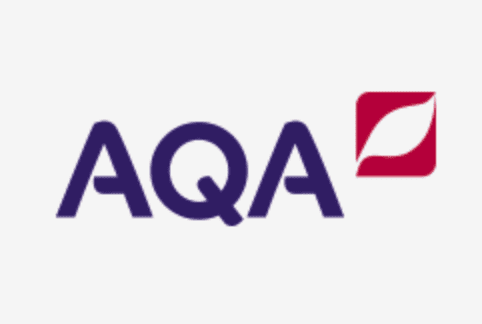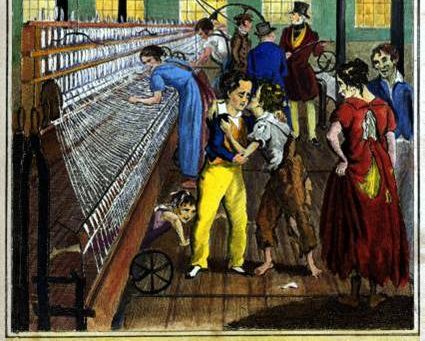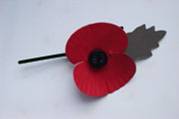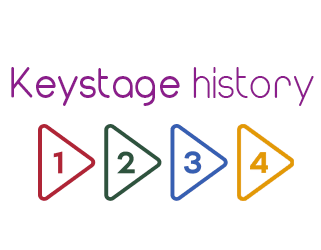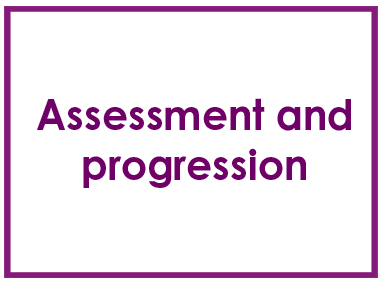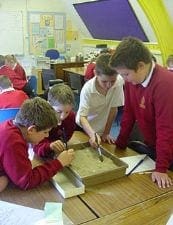
While so many of you are locked down, it seems a good time to remind you of the key features of what it means to think historically. Much is encapsulated in the title. What do we ask children to learn to do in history. What does doing history mean? This isn’t to open up the sterile debate about content v skills but rather to stress the need to include in your objectives the ways in which lesson activities deepen historical understanding. Clearly you will want to go beyond simple factual acquisition and comprehension of text, but what else should you be doing?
Pupils could be :
sifting through evidence to find that which is relevant to an enquiry ( which sources explain which simply describe ( e.g. why the Great Fire burnt down so many houses)
comparing accounts from different perspectives ( e.g Accounts written by Vikings compared with those written by the monks who suffered at their hands)
evaluating sources to work out which are more reliable ( why does this film of the Blitz show such a positive view of the war? Why does Elizabeth I look so much younger in these portraits that she really was?)
looking at different interpretations of an event or a person from the past ( Was Alfred really Great?)
finding evidence to support statements made about the past (Prove it activity e.g. Scott of the Antarctic and new lesson on Grace Darling )
explaining why people in the past held views very different from our own( e.g. Mayan and Egyptian religious beliefs)
raising their own historical questions before they start an enquiry ( eg. evacuation lesson)
assigning significance to events, their causes and consequences ( e.gcurators dilemma. Which items should go into the Louis Braille museum- new lesson)
analysing change in terms of scale, impact and those who benefited or lost out. ( e.g. Winners and losers Victorian railways lesson)
weighing up the value of different sources and accounts ( Which of these books/websites offers the best description of mummification and why?)
Historical thinking skills are vital for democratic citizenship; the ability to discuss and listen to differing perspectives; consider a range of opinions and values; and come to supported conclusions; set pupils on the right path to playing an active role in society.

